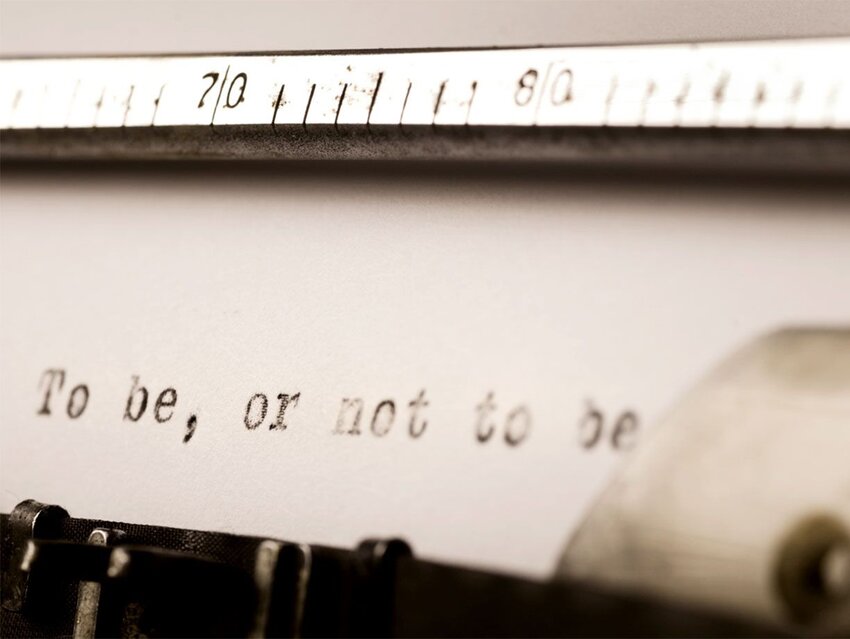If you’ve ever read the original texts of English writers like Shakespeare or Chaucer, you might have wondered if you were reading English at all. Not only did both writers write in verse, but they used different spellings of common words like “their” (hir) and “uses” (useth). How did we get from Middle English to modern English? And who decided which changes would stick? Usually, languages evolve gradually over time. But there are a few individuals who had a much greater, and immediate, impact.
The Role of the Printing Press — and the Printer
It’s impossible to overstate the role and importance of the printing press when it comes to the evolution of the English language. A version of the printing press existed in China as early as the 1200s, but England didn’t have a printing press until 1476. English merchant William Caxton trained in Germany, where the Gutenberg Press was first developed. Then he brought the technology home, where he opened the first printing shop in England near Westminster Abbey in 1476.
Caxton wasn’t just a master of the new technology; he was a translator and editor. He transcribed many books of prose from variations of Latin and French, including Aesop’s Fables, and Virgil’s Aeneid. However, most of Caxton’s printed books were in English. The first major work he published was Geoffrey Chaucer’s The Canterbury Tales (1477), and he would continue to publish more of Chaucer over the next few decades.
Before this time, spelling and word usages weren’t standardized. Caxton reviewed manuscripts written in Middle English and adjusted spelling and word choice so they were easier to read and appealed to “a clerk and noble gentleman.”
It would be nearly another 200 years before the first dictionary would capture the spellings and definitions of the English language and attempt to set some rules. Since Caxton was the only printing press in the country at the time, he was able to add and create words however he wished, often setting the standard for written English or making up new words completely. Caxton’s work included the first recorded usage of more than 1,300 words, including “concussion,” “fortitude,” “servitude,” and “voyager.”
He Who Holds the Pen Makes the Rules
Caxton wasn’t the only major player to contribute new words and spellings to the English language. Many words and idioms still used regularly in modern conversation are thanks to the Bard, William Shakespeare himself. The “green-eyed monster” of jealousy first took hold of Othello while Pistol from Henry V was the first to compliment someone as having a “heart of gold.” Taming of the Shrew is to blame for the dreaded office ice-breaker games with the line, “if you break the ice and do this feat, achieve the elder, set the younger free for our access.”
Shakespeare also made up words, just like Caxton. But, importantly, he changed how existing words were used. Take the word “grace.” In its original usage, the word was a noun. But Shakespeare turned it into a verb. His works, both performed and written in folios, were widely disseminated, making it easier for these new forms of words to spread — faster than any previous story-telling or other oral traditions.
Today, a social media star might coin a new slang term, but as quickly as they come, they also fade away. When the term shows no sign of going away in the public’s lexicon, that’s when a dictionary takes note.
Featured image credit: aga7ta/ iStock

